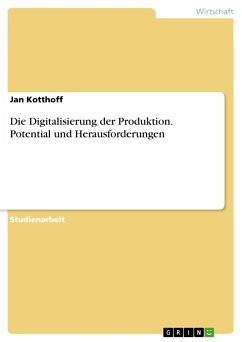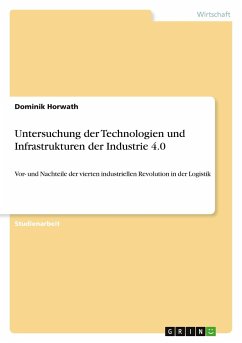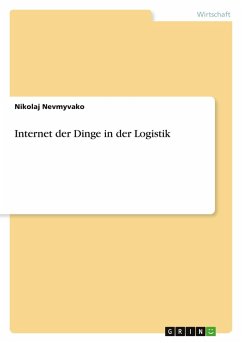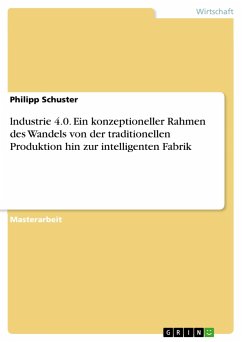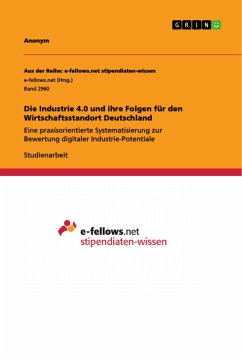Master's Thesis from the year 2018 in the subject Business economics - Supply, Production, Logistics, grade: 80.00, Louvain School of Management, language: English, abstract: This paper addresses the question of how the Industrial Internet of Things (IIoT), defined as the industrial aspect of the fourth industrial revolution, will impact supply chain management (SCM) decisions. With this goal in mind, we first describe the conceptual and historical approaches of both the industry and supply chain management. The question of the legitimacy of a new industrial revolution is answered positively and the supply chain management discipline is organised in a flow-based model of ten managerial categories. A thorough cross-field literature analysis delivers the main changes, opportunities and challenges that the upcoming IIoT will bring to supply chains. A neutral approach is favoured and the generally optimistic literature regarding the IIoT is questioned. Cyber-physical systems will indeed redefine the way we provide goods and services to customers and therefore, the way entire supply chains are managed, strategically and operationally. More information, connectivity and intelligence will optimise operations to enable mass customisation and faster than ever times-to-market. Those changes will gradually transform supply chains into smart supply ecosystems, where inter-company boundaries will fade, and the nature of cooperation will evolve. Nonetheless, there is still a long way to go. Early implementations are challenged by issues of cybersecurity, interoperability, missing regulations, inter-company cooperation, cost of investment, and fear of change due to potential job restructuring. Our results are supplemented by qualitative surveys targeting SCM and IIoT professionals. This methodology is meant to discuss additional insights, detect contradictions with the literature and assess the current state of developments.
Hinweis: Dieser Artikel kann nur an eine deutsche Lieferadresse ausgeliefert werden.
Hinweis: Dieser Artikel kann nur an eine deutsche Lieferadresse ausgeliefert werden.


